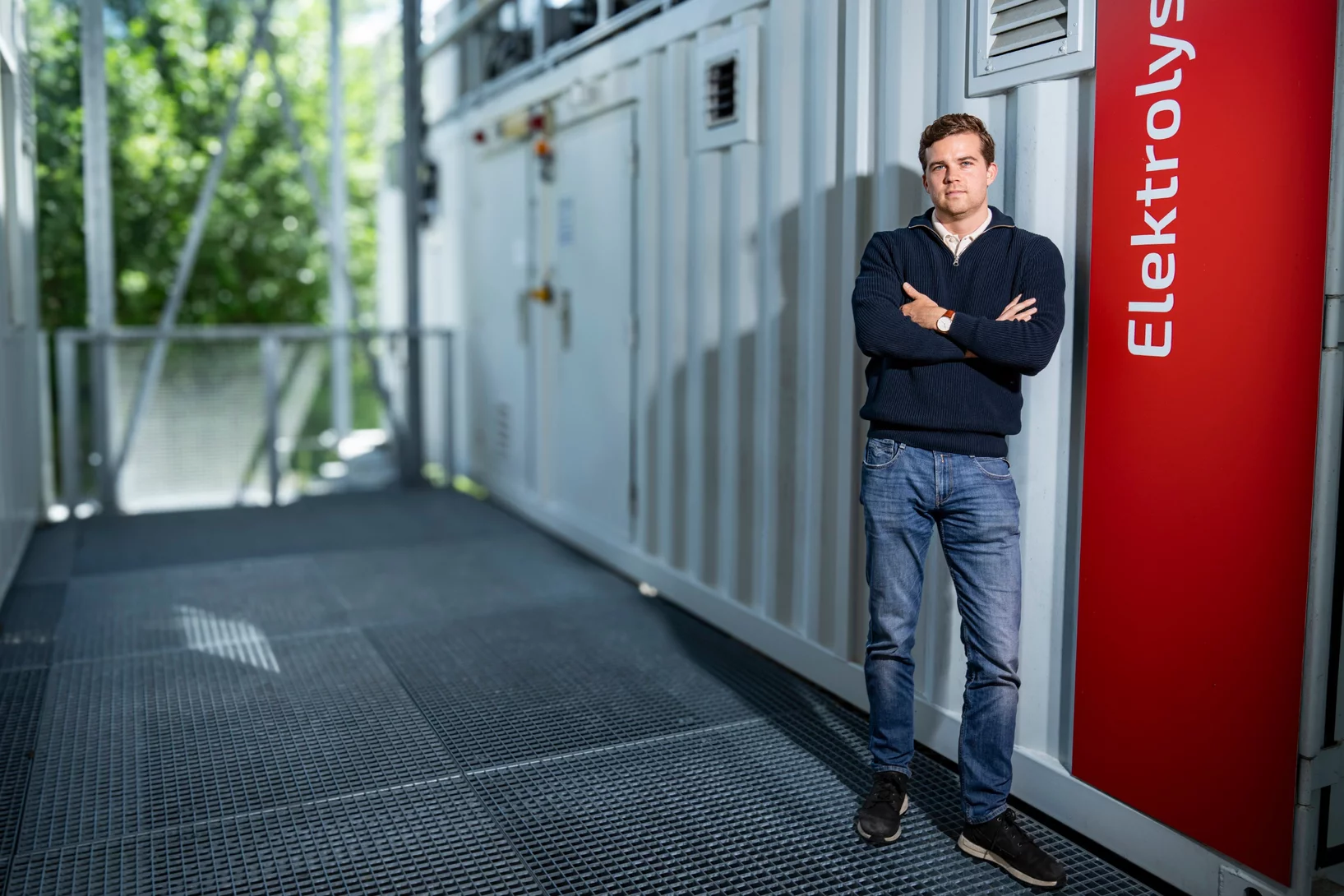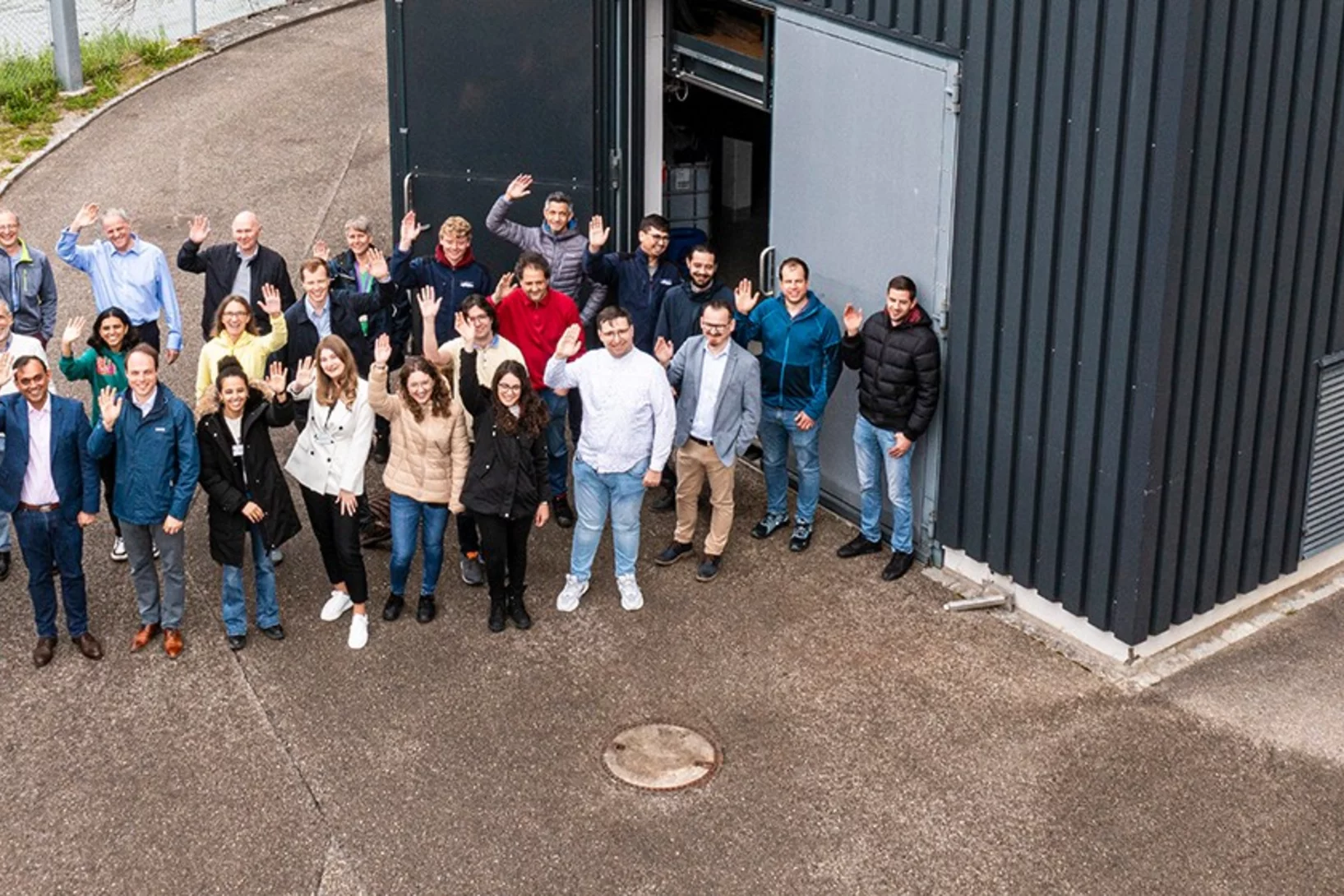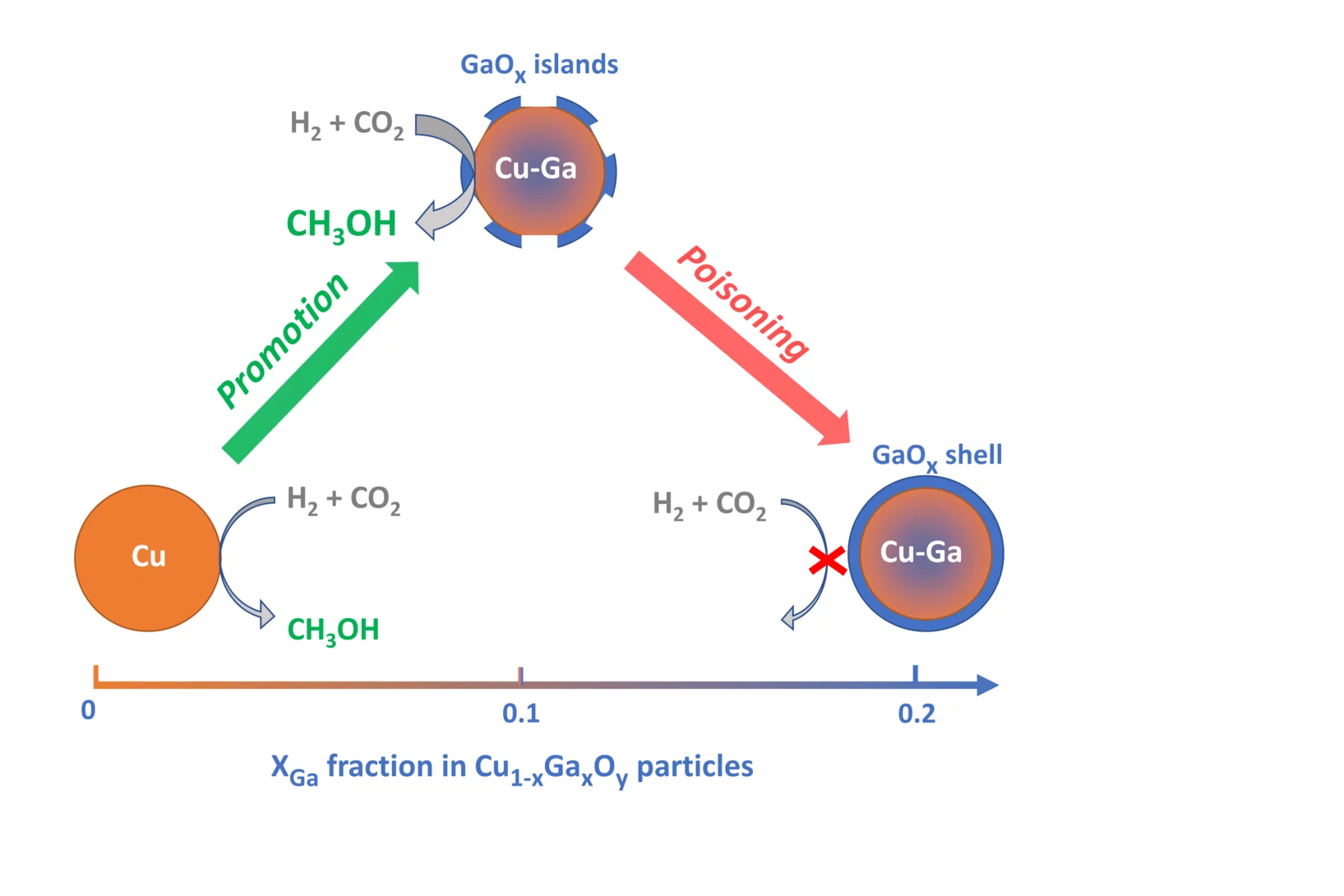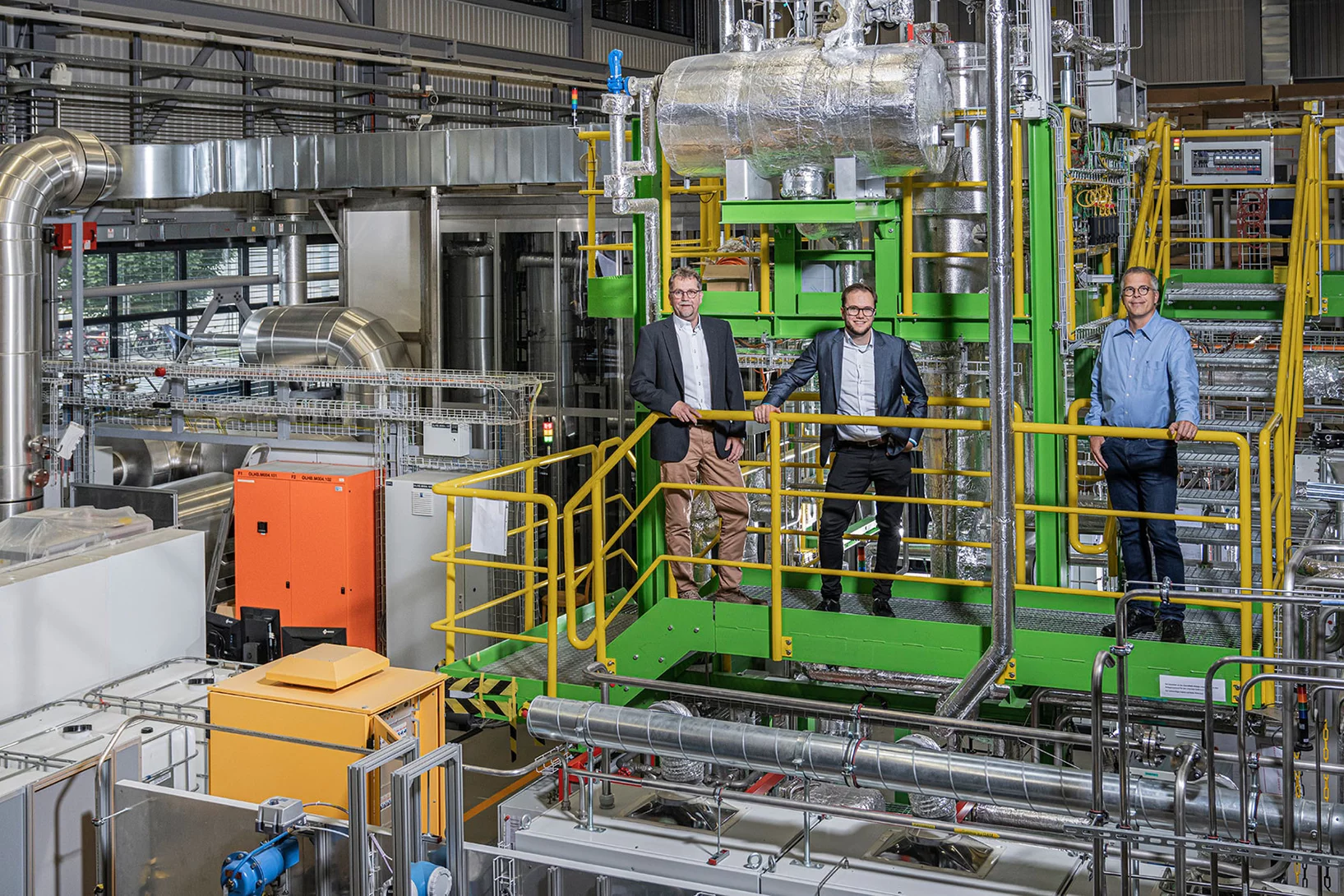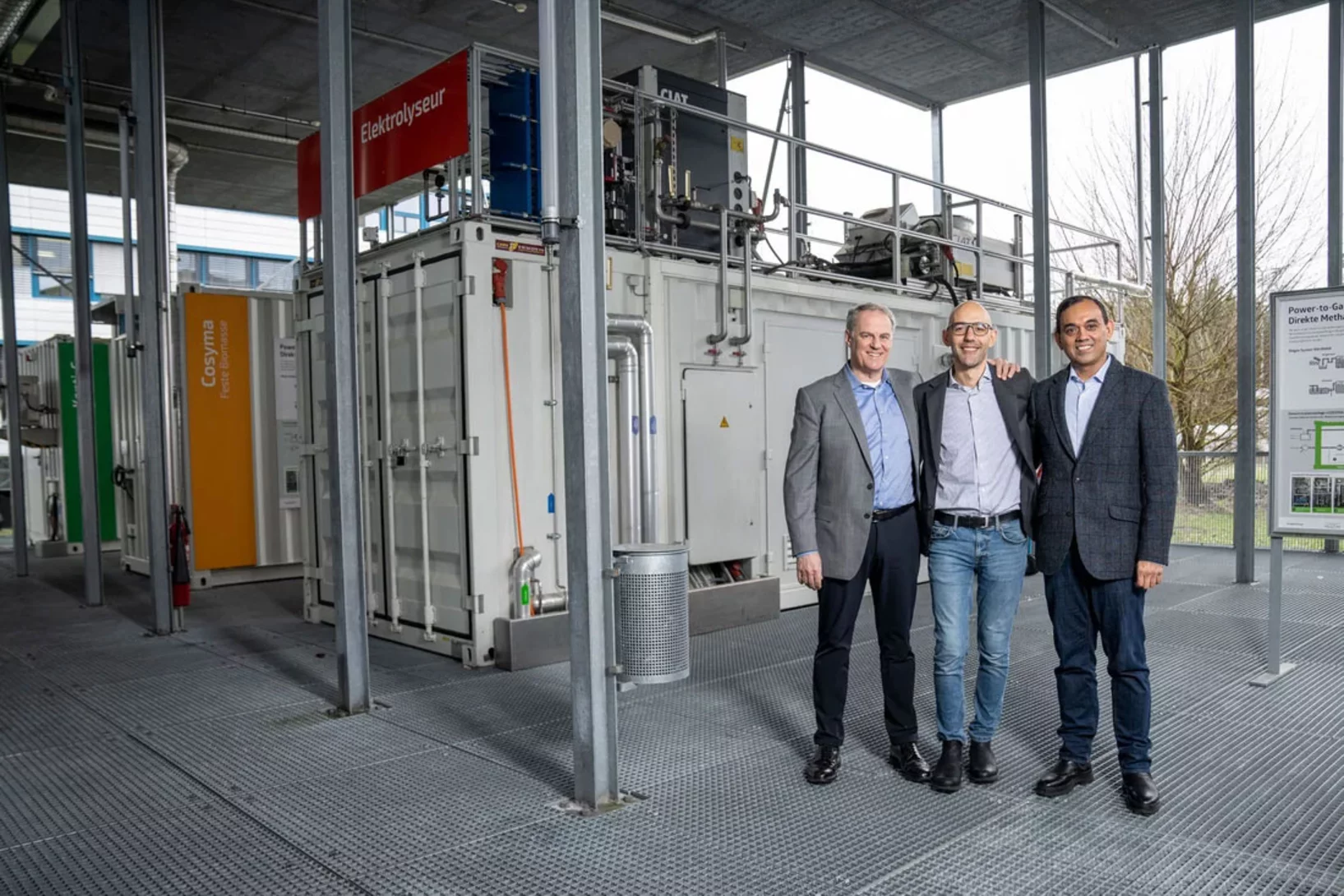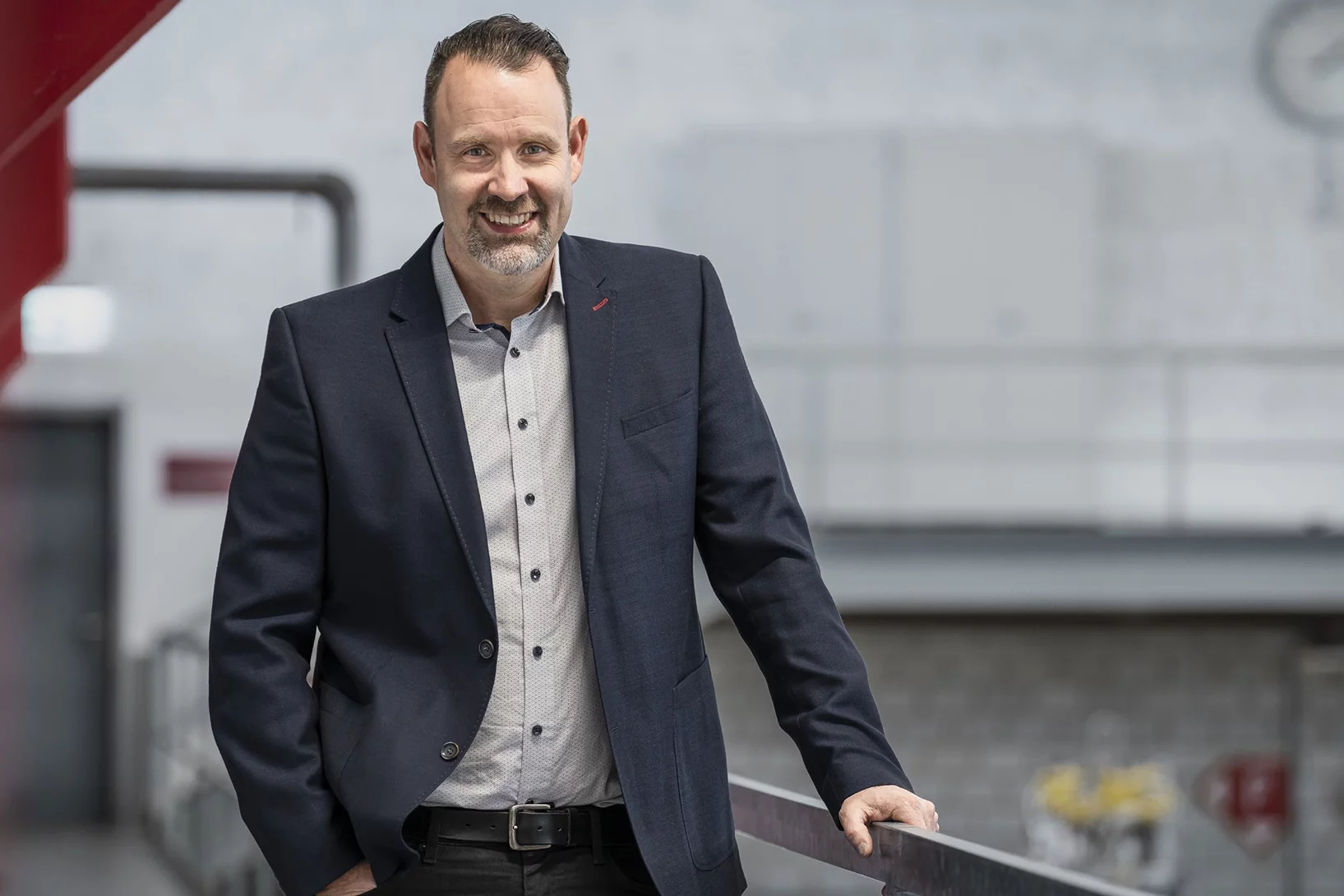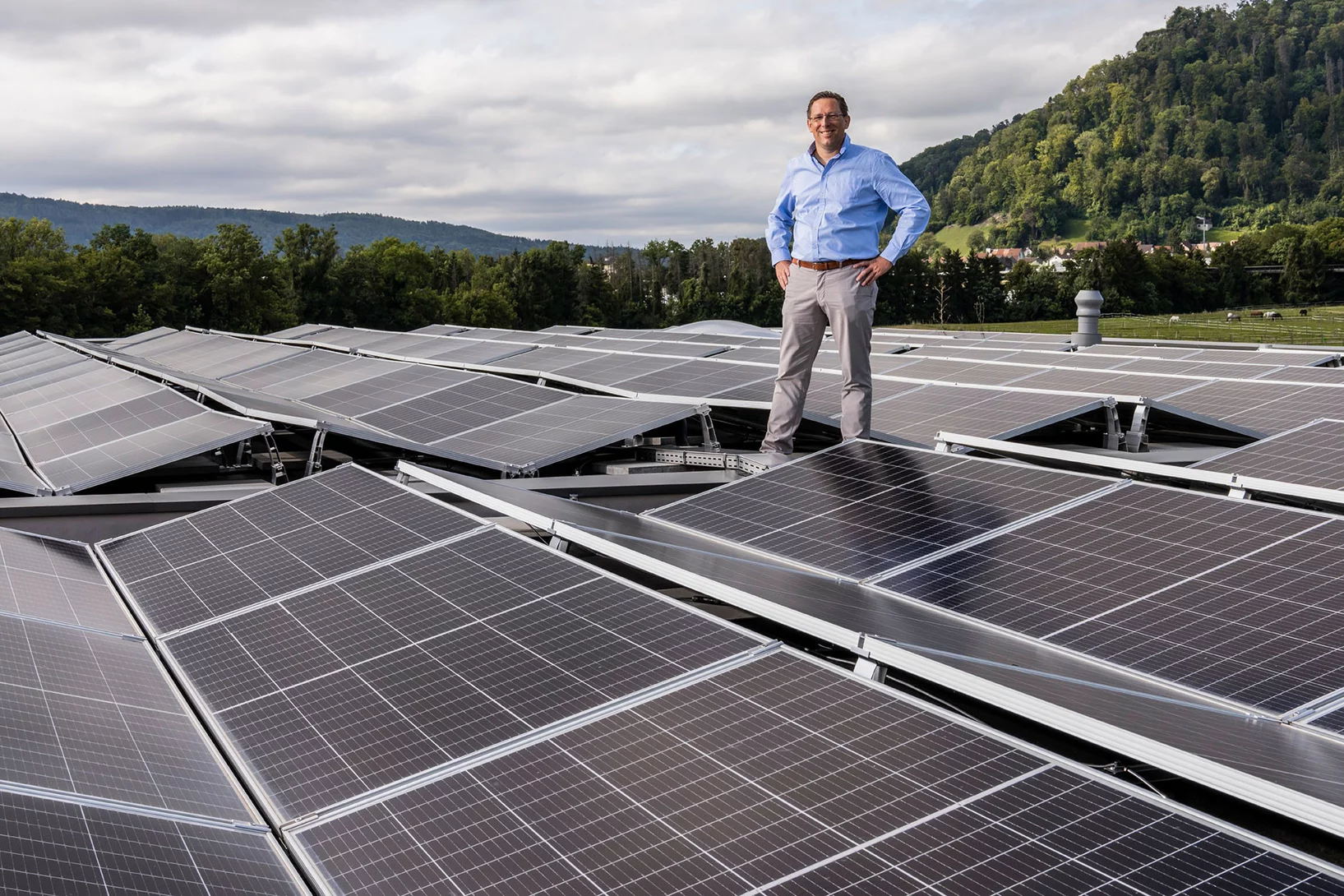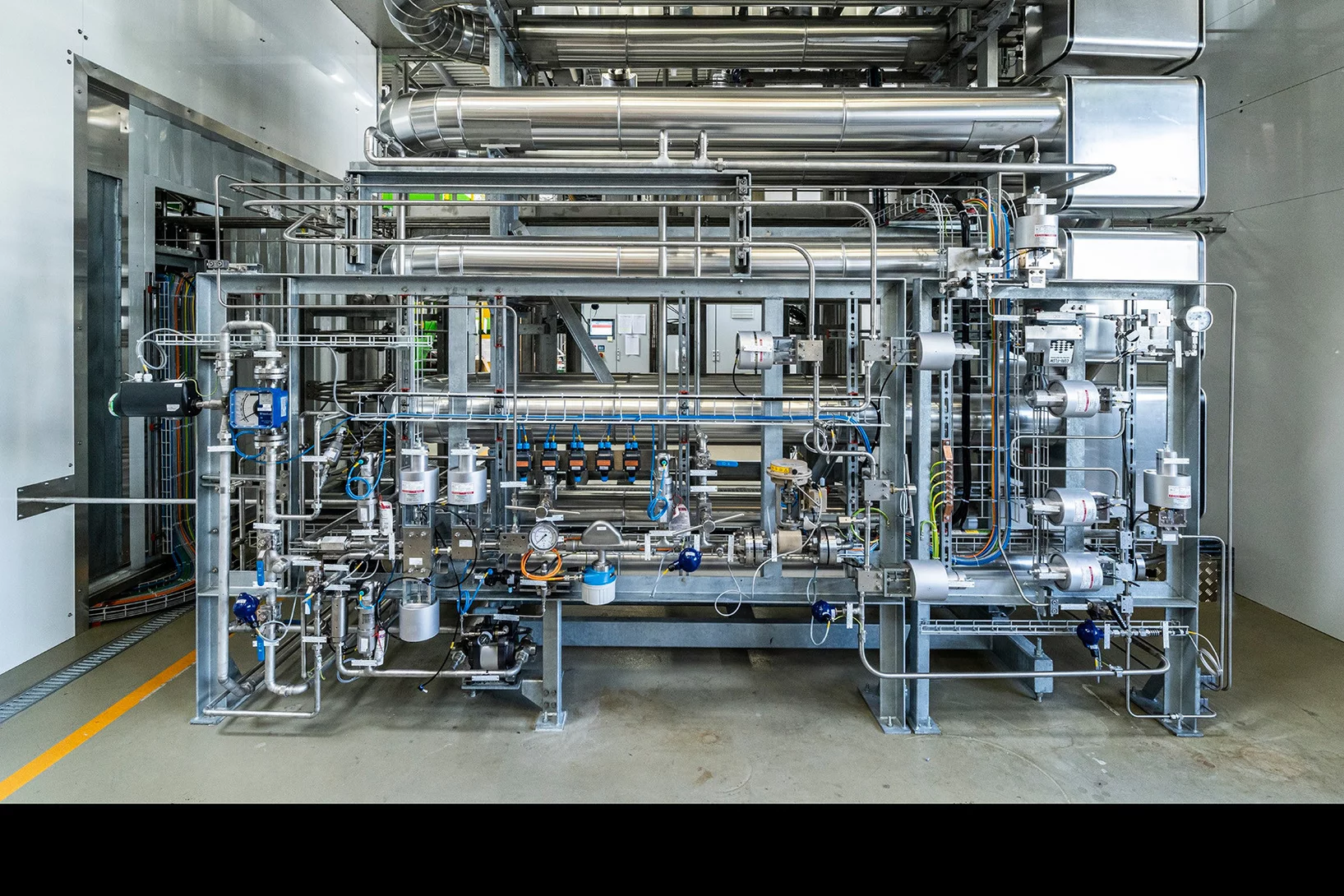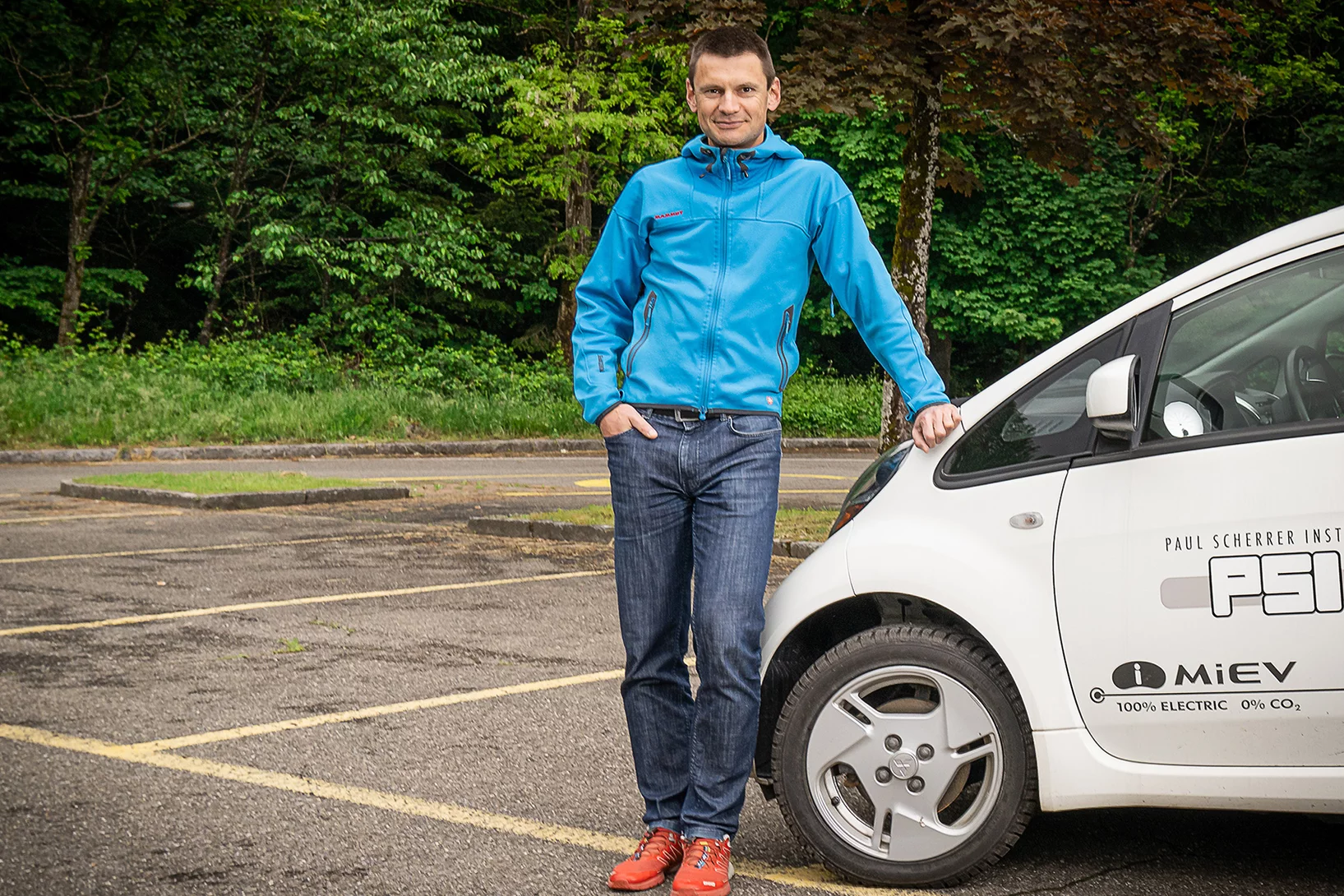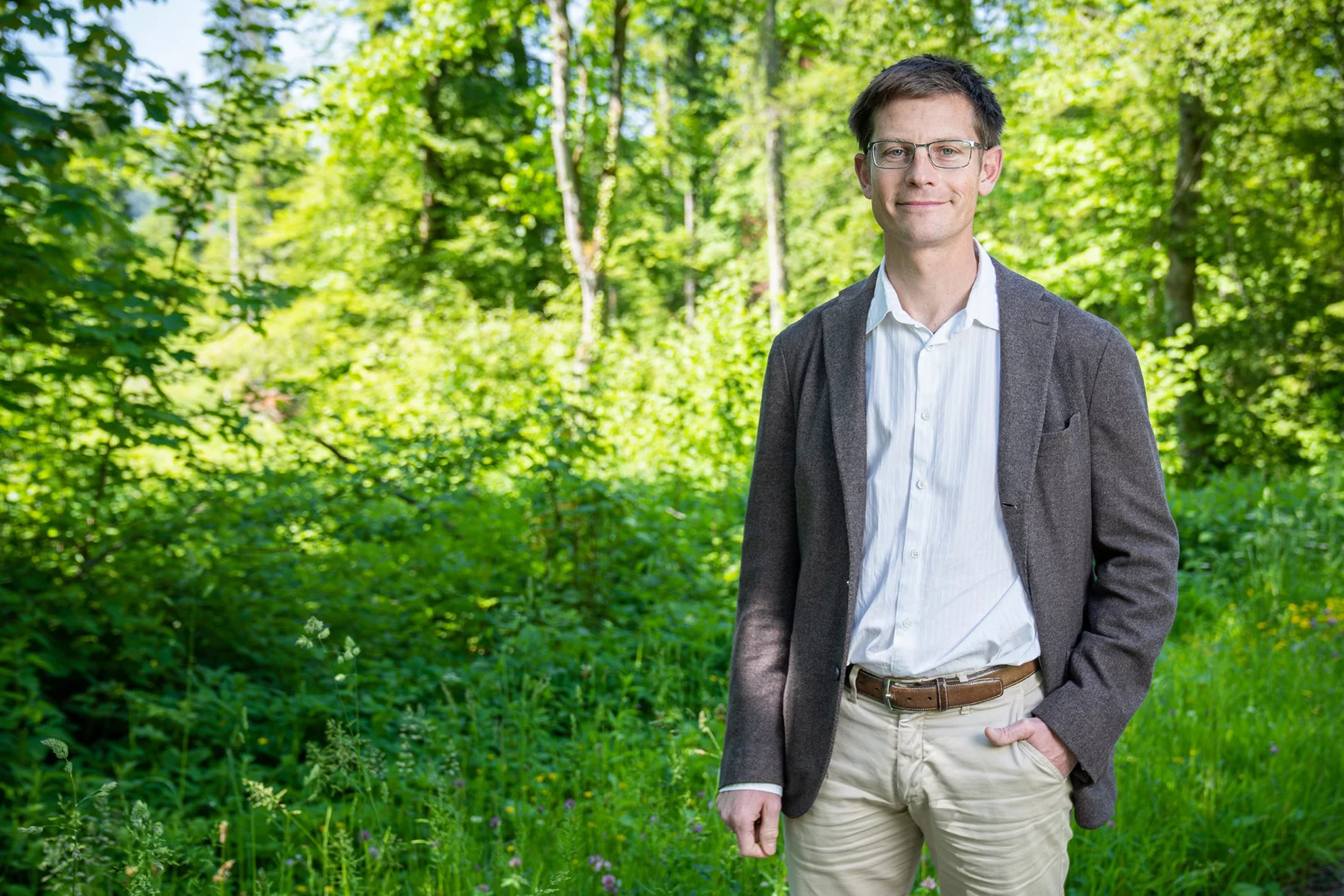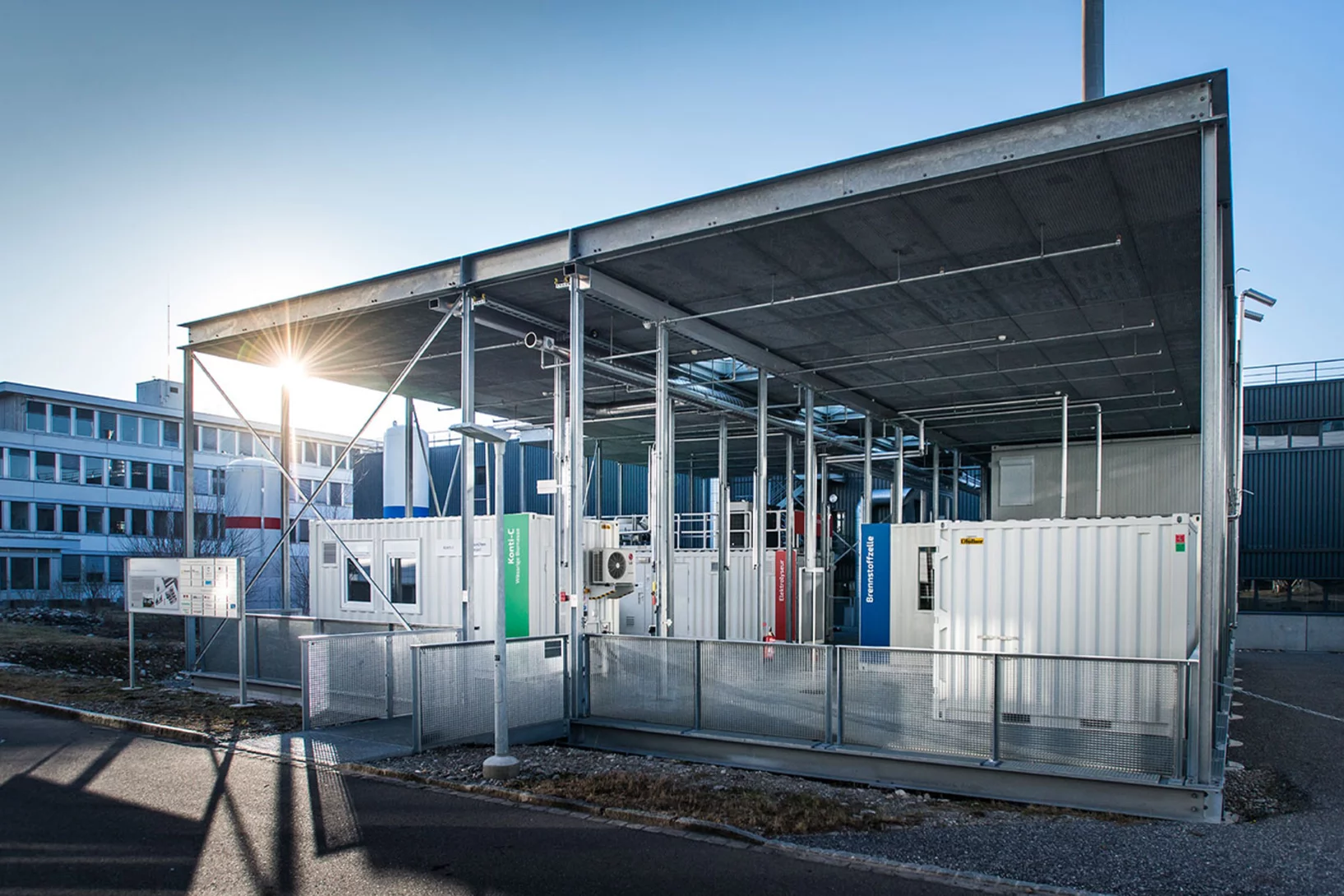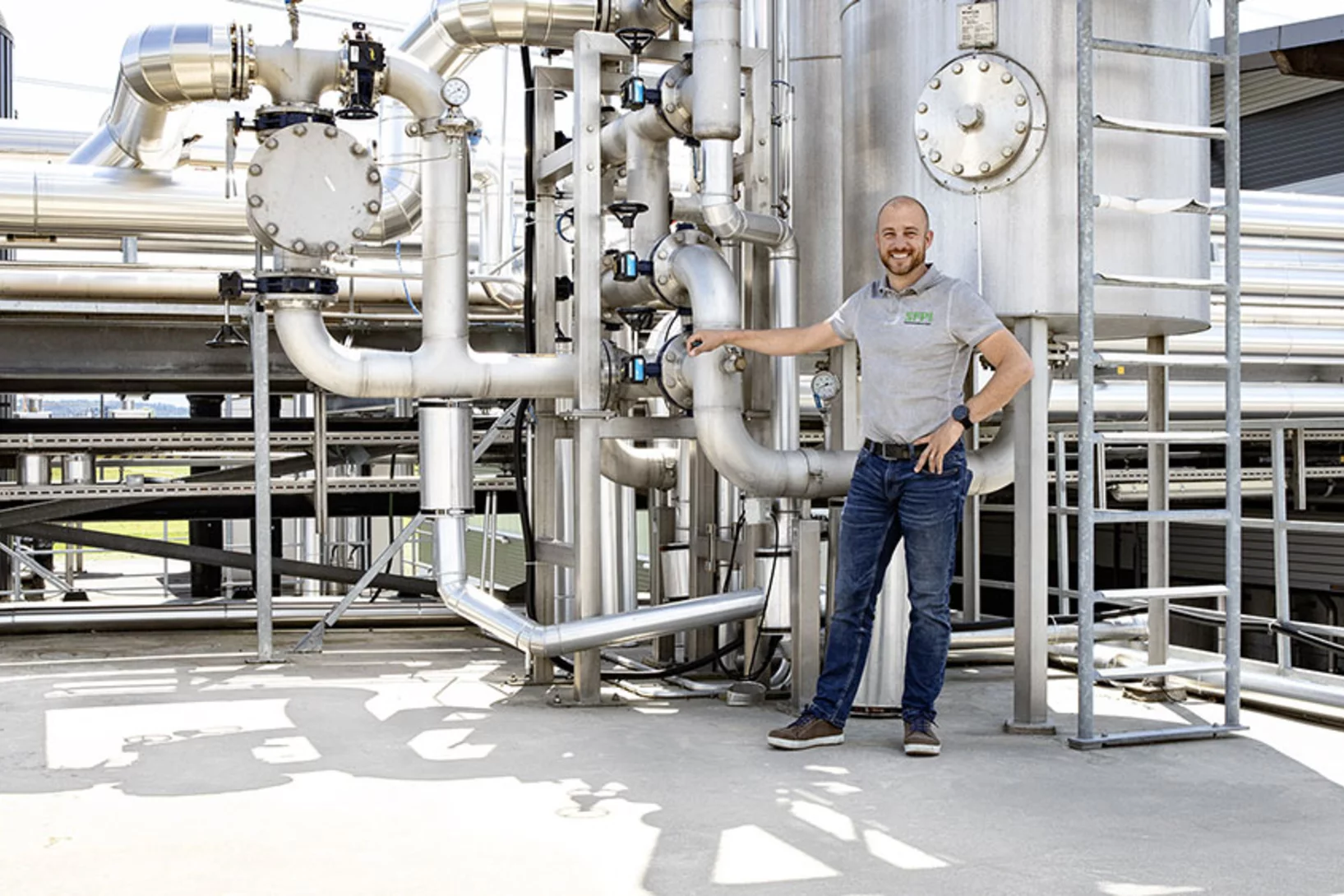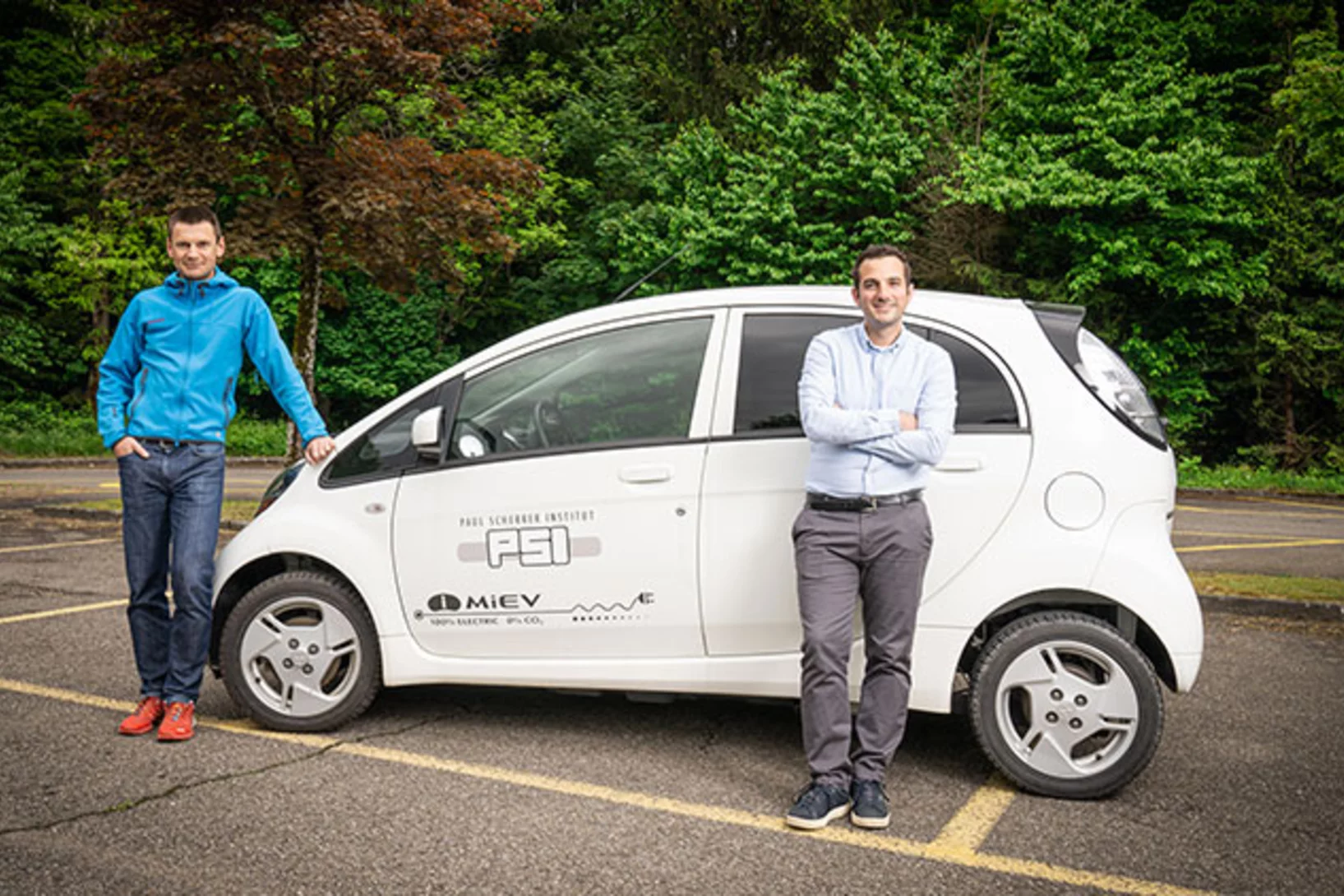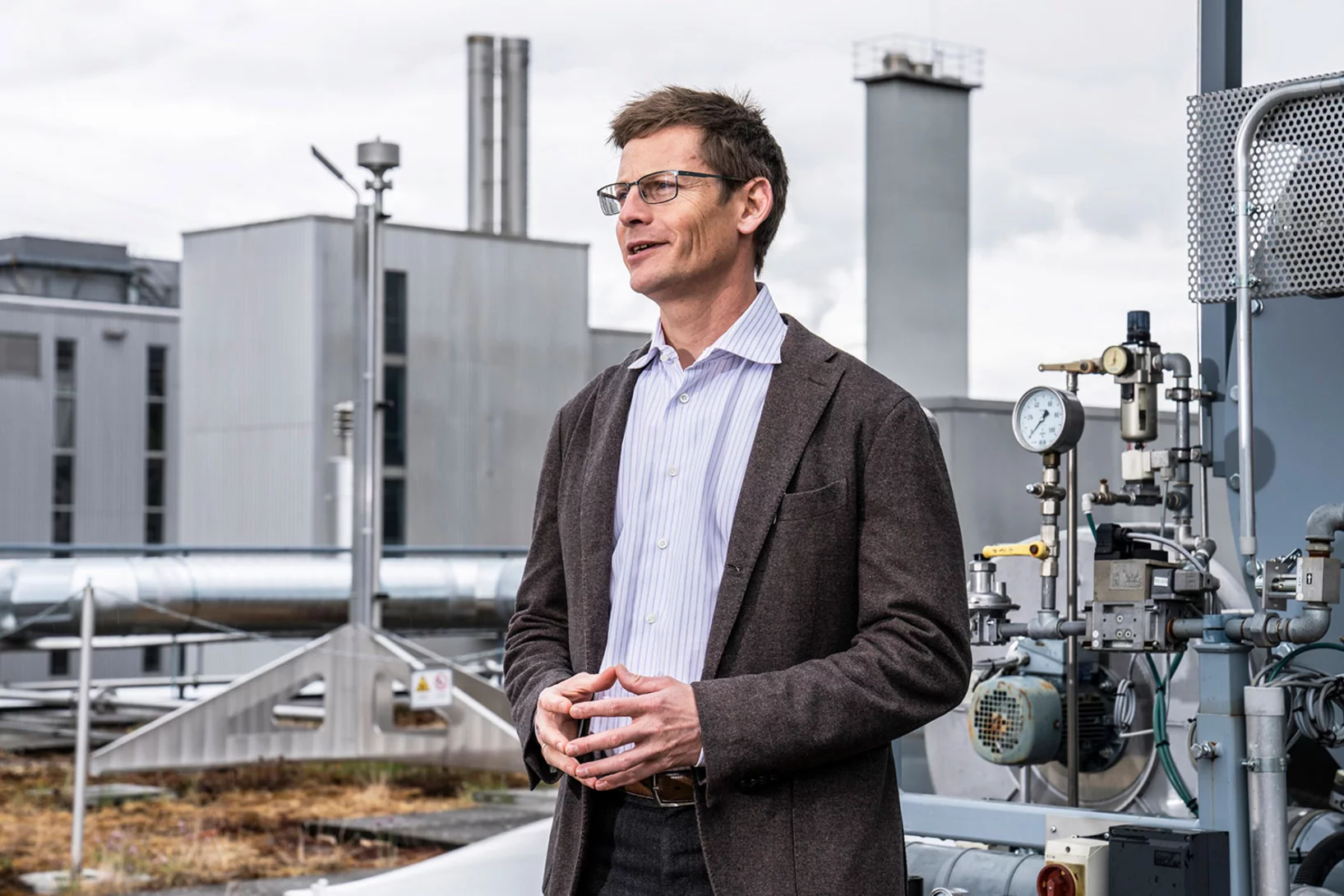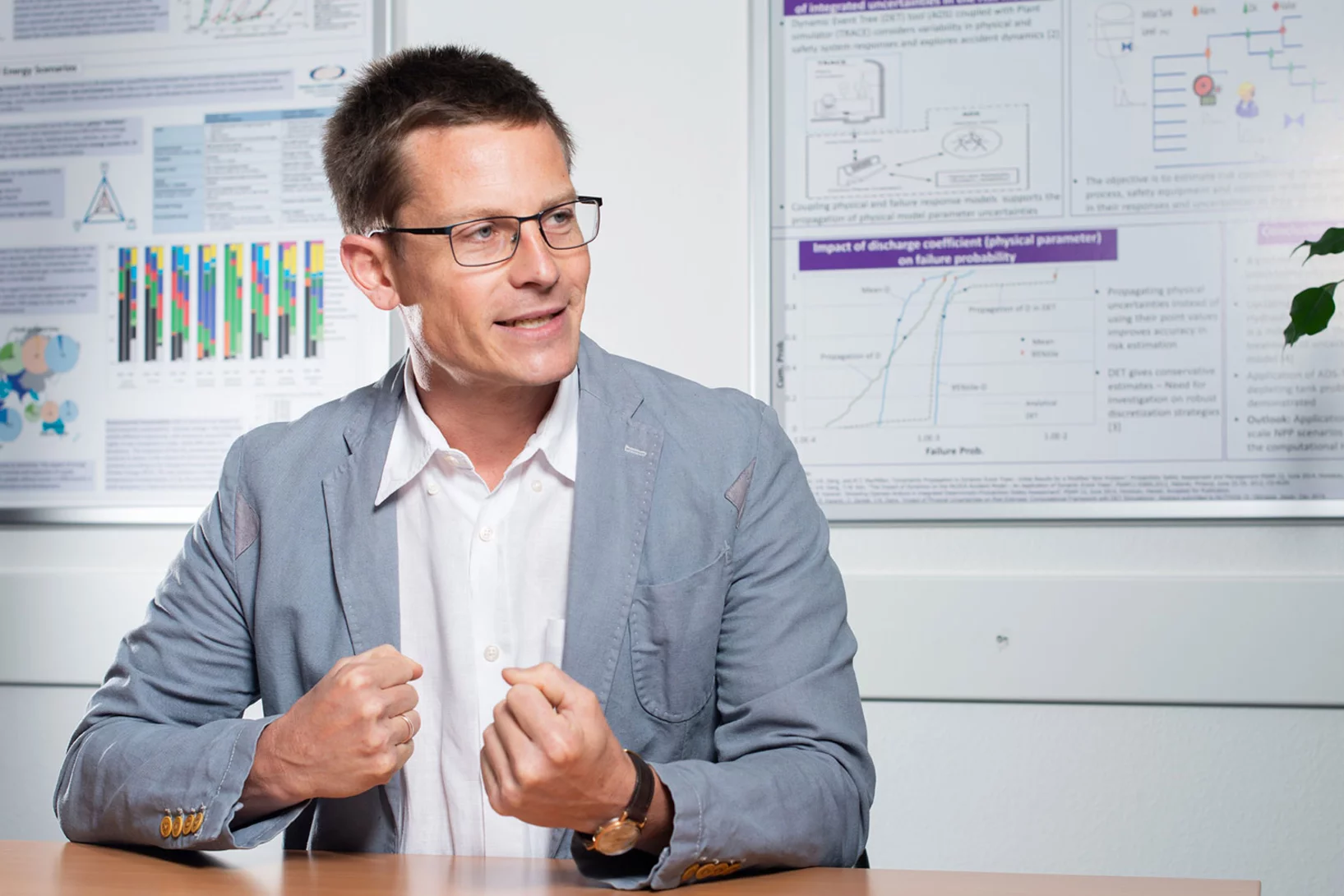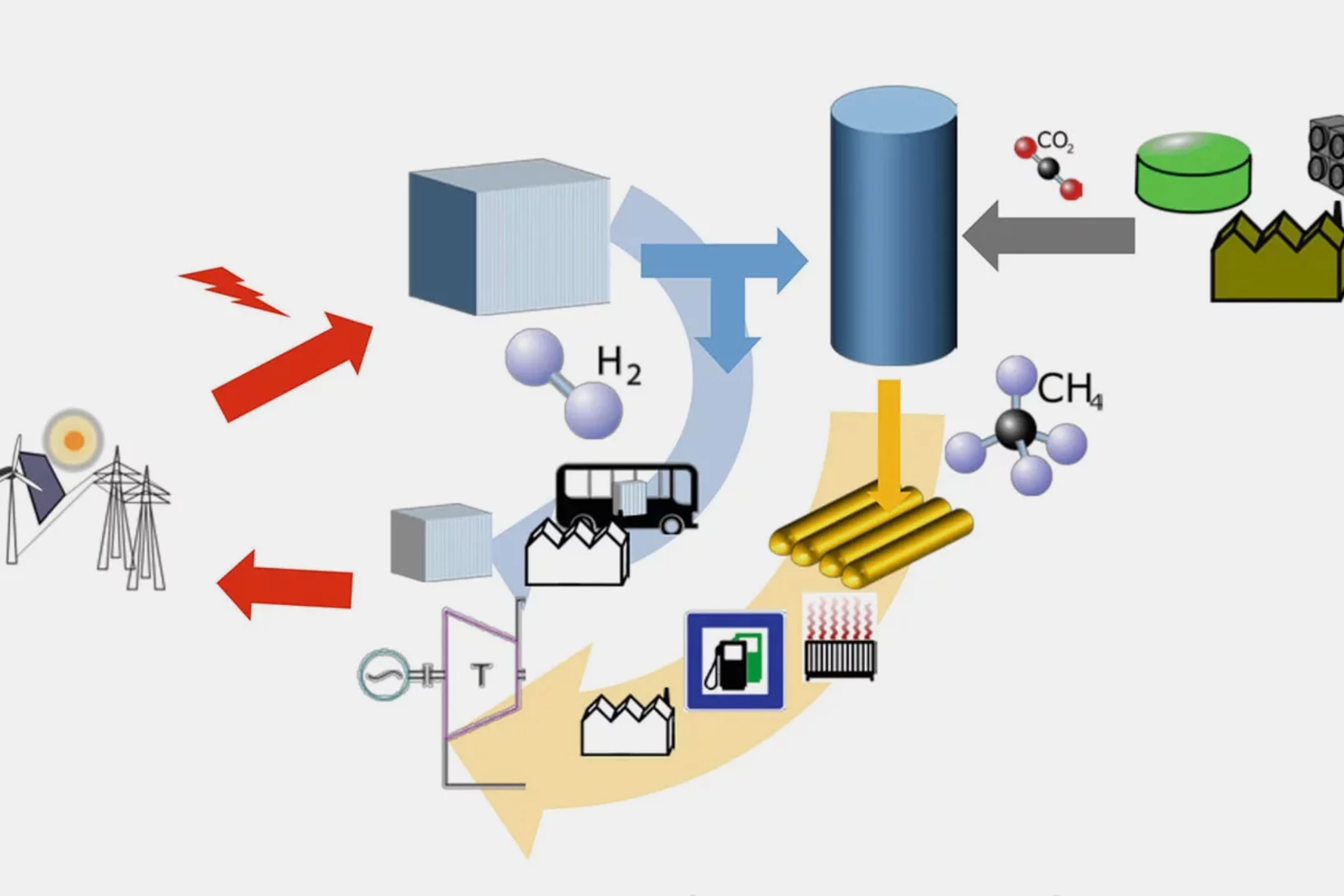New protective coating can improve battery performance
Increasing the energy density of lithium-ion batteries – a sustainable method for cathode surface coating developed at PSI makes it possible.
Anionic Disorder and Its Impact on the Surface Electronic Structure of Oxynitride Photoactive Semiconductors
The conversion of solar energy into chemical energy, stored in the form of hydrogen, bears enormous potential as a sustainable fuel for powering emerging technologies. Photoactive oxynitrides are promising materials for splitting water into molecular oxygen and hydrogen. However, one of the issues limiting widespread commercial use of oxynitrides is degradation during operation. While recent studies have shown the loss of nitrogen, its relation to reduced efficiency has not been directly and systematically addressed with experiments. In this study, we demonstrate the impact of the anionic stoichiometry of BaTaOxNy on its electronic structure and functional properties. Through experimental ion scattering, electron microscopy, and photoelectron spectroscopy investigations, we determine the anionic composition ranging from the bulk toward the surface of BaTaOxNy thin films. This further serves as input for band structure computations modeling the substitutional disorder of the anion sites. Combining our experimental and computational approaches, we reveal the depth-dependent elemental composition of oxynitride films, resulting in downward band bending and the loss of semiconducting character toward the surface. Extending beyond idealized systems, we demonstrate the relation between the electronic properties of real oxynitride photoanodes and their performance, providing guidelines for engineering highly efficient photoelectrodes and photocatalysts for clean hydrogen production.
Taking off with sustainable kerosene
Researchers around the world are working to find and optimise new ways of producing climate-neutral aviation fuel. At PSI, together with industry, they’re exploring a promising approach.
Russell McKenna and Andreas Pautz on Energy Production in Switzerland
“If we exclude individual measures, it just means that we need more of the others.”
A complex promise
There’s more to climate-neutral aviation than just reducing emissions during flights. A PSI study analyses what is needed to achieve this long-term goal.
iLab and Synfuels at the Energy Days! at the Swiss Museum of Transport
October 18, 19, and 20, 2024
The iLab from the Paul Scherrer Institute will be part of the Energy Days with exciting workshops. Discover how we can store renewable energy using innovative technologies like Power-to-Gas and drive the energy transition forward.
iLab an den Energy Days! im Verkehrshaus
18., 19. und 20. Oktober 2024
Energy Days! im Verkehrshaus der Schweiz
Research on Synthetic Fuels at LEA
An overview of our research on sustainable chemical fuels.
Where should hydrogen be produced in the future?
Researchers at PSI have been looking into where the hydrogen for a future hydrogen economy should be produced and what impact this energy carrier will have on the environment.
Sustainable aviation fuel from the PSI campus
In collaboration with climate start-up Metafuels, a pilot plant for the production of sustainable aviation fuel is being set up on the PSI campus.
Promotion versus Poisoning in Copper–Gallium-Based CO2-to-Methanol Hydrogenation Catalysts
Cu–Ga-based CO2-to-methanol hydrogenation catalysts display a range of catalytic performance, depending on their preparation. Here, we investigated how the Ga/Cu ratio and Ga speciation affect the catalytic activity. Using surface organometallic chemistry, we prepared a series of silica-supported 3–6 nm Cu1–xGaxOy nanoparticles with a range of xGa. The materials display a volcano-type activity behavior, where methanol formation is promoted when xGa < 0.13–0.18 and is suppressed at higher values, indicating a poisoning of the catalysts. In situ X-ray absorption spectroscopy and in situ infrared spectroscopy helped to understand the structure-activity relationship.
How clean is hydrogen for the energy transition?
Hydrogen can play a crucial role in transitioning to a net-zero energy system – but it must be produced the right way.
Methane as an energy store
Researchers at PSI and the start-up AlphaSYNT are working together on a solution for efficiently storing energy.
A greener alternative for aviation fuel
Air travel with no carbon footprint – PSI and the Metafuels AG develop a new technology to produce sustainable aviation fuel.
Energy efficiency in times of potential power shortages
How PSI is continuously improving the energy efficiency of its own infrastructure and large research facilities
Preparing for energy shortages and blackouts
Peter Burgherr is a risk researcher at PSI. In this interview he talks about possible power shortages in the coming winter and how to prepare for them.
Manure and slurry are underused energy resources
Animal manure is packed with energy that is hugely underutilised. So concludes a white paper by Swiss bioenergy researchers.
Getting maximum energy out of biomass
Researchers at the Paul Scherrer Institute PSI start operation of a revolutionary pilot plant for production of synthetic biogas.
Effectively removing CO2 from the atmosphere
With careful planning, effective CO2 capture is technically possible.
“Without these technologies, we will hardly achieve our climate targets”
To achieve carbon neutrality, technologies need to be deployed which remove carbon dioxide from the atmosphere.
Green fuels for aviation
In a new initiative, PSI and Empa want to jointly develop a process for producing kerosene from renewable resources.
Foundations for the energy system of tomorrow
On the way to a sustainable energy system, technologies that help to flexibly convert and efficiently store energy are becoming increasingly important. ReMaP, a novel research platform, aims to investigate these urgent issues under realistic conditions.
Clean biogas for a successful energy transition
PSI researchers have set up camp at a biogas plant near Lucerne. Between meadows and gigantic fermenters, they are investigating how they can remove impurities from the biogas to make this energy source even more usable.
Life cycle assessment of cars – new web tool helps consumers and researchers
Decision support for car buyers: Researchers at the Paul Scherrer Institute have developed a web tool called the Carculator that can be used to compare the environmental performance of passenger cars in detail.
Long-term developments of energy pricing and consumption in industry
Researchers from the Paul Scherrer Institute PSI, on behalf of a research project funded by the Swiss Federal Office of Energy (SFOE), have studied how energy consumption by Swiss industry develops depending on energy prices. One result: Price increases for energy usually affect energy consumption only over the long term.
"Electric is already the right choice today"
An interview on automotive power systems with Christian Bauer, a scientist at PSI's Laboratory for Energy Systems Analysis who specialises in life cycle and sustainability analyses.
Make way for electric cars
Petrol, diesel, fuel cell or electric – which is the automobile of the future? A PSI study has examined the overall climate impact of various vehicle engines in use today and also projected it to the year 2040.
Toward better motors with X-ray light
Making Switzerland's road traffic fit for the future calls for research, first and foremost. In the large-scale research facilities of PSI, chemists and engineers are investigating how to improve the efficiency of motors and reduce their emissions.
"This is incredibly ambitious"
Every three years, the World Energy Council explores possible developments of the global energy system under different scenarios. Tom Kober, head of the Energy Economics Group in PSI’s Laboratory for Energy Systems Analysis and one of the lead authors of the study, explains what the individual scenarios mean and how global warming could be mitigated.
The energy system of the future and Power-to-X
Researchers at the Paul Scherrer Institute PSI analyse the potential of Power-to-X for Switzerland's energy supply and present their conclusions in a white paper. One finding: The costs for energy from Power-to-X could fall by up to one-third.









